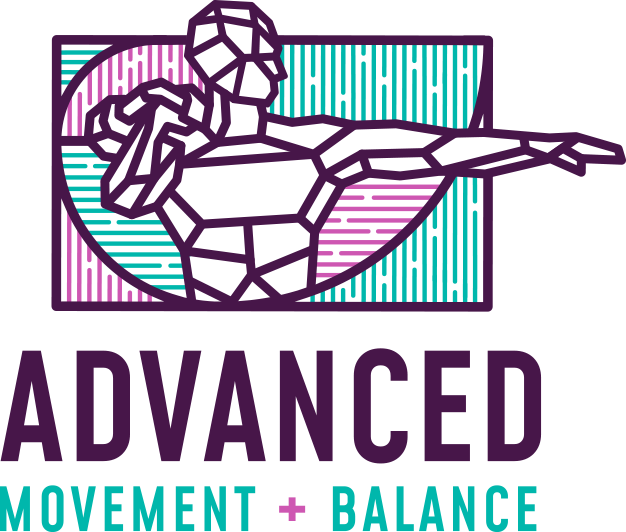Why You Shouldn’t Wait: Addressing Pain and Health Issues Now, Not Later
In our fast-paced world, it’s easy to brush off aches, pains, and health issues as minor inconveniences. Maybe it’s that stiff neck that only bothers you in the morning or the nagging back pain that flares up when you sit too long at your desk. For many, the solution is often to ignore it, push through, or hope it goes away on its own. But here’s the thing: pain is your body’s way of telling you that something is wrong. Addressing it early can help prevent potential long-term issues.
In this blog, we’ll dive into why it’s crucial to take care of your health and address pain immediately, rather than waiting for it to become a bigger problem down the road.
1. Pain Is a Warning Signal, Not a Nuisance
Pain is your body’s natural alarm system, signaling that something needs attention. Think of it like the check engine light in your car—ignoring it might not seem like a big deal at first, but over time, it can lead to bigger problems and more expensive repairs. Similarly, ignoring pain can lead to compensatory patterns, muscle imbalances, and even chronic pain conditions that are much harder to treat later on. Once the body and brain adapt to these compensatory movements as the new normal, it becomes challenging to retrain them.
Whether it’s a sharp, sudden pain or a dull, lingering ache, addressing it early can prevent it from escalating into something more serious. Often, by identifying and addressing the root cause, you can stop the pain in its tracks and prevent it from becoming a lifelong issue.
2. The Risks of “Waiting It Out”
A common mindset is, “If I just wait it out, it will go away.” While it’s true that some minor aches might resolve on their own, many issues don’t. Instead, they can snowball. For example:
- Ignoring low back pain: Research does show that back pain can sometimes resolve on its own, but failing to undergo a proper movement screen to understand the root cause of the pain can be detrimental in the long run.
- Pushing through shoulder pain: If you continue to use a shoulder that’s experiencing pain, you might develop tears in the tendons over time. That can lead to a long, drawn-out recovery process that might require more intensive treatment.
- Old injuries re-inventing themselves in new ways: I evaluated a 50 y.o male with left sided neck pain that we could link to a limited big toe mobility that most likely started all the way back to a fracture in his foot when he was 6.
Waiting too long can also lead to conditions that are harder to treat, resulting in longer recovery times, higher costs, less answers and, ultimately, more frustration.
3. Preventative Care Is More Effective Than Reactive Treatment
Proactively addressing your pain and health issues doesn’t just help you feel better faster—it can also prevent future problems. Small, targeted interventions can have a huge impact. For example:
- Functional movement assessments: identify weaknesses or imbalances before they cause pain.
- Ergonomic adjustments: Humans are not designed to sit all day. Set up your environment to encourage proper movement by incorporating a standing desk, taking breaks for functional postures, and fitting in a walk during lunch.
- Strengthening, mobility work, and lifestyle changes: Dedicate a small portion of your day to these simple habits. Whether it’s doing some mobility exercises while your coffee brews, opting for a healthier lunch, or incorporating plank variations while watching TV-small changes can make a big difference.
At Advanced Movement + Balance, I specialize in helping people uncover the root cause of their pain. Through careful assessments and targeted treatments, we can identify what’s really going on and create a plan to address it—before it turns into a bigger issue.
4. The Mental Toll of Chronic Pain
It’s not just your physical health that suffers when pain is ignored. Chronic pain can take a significant toll on your mental and emotional well-being. Studies show that ongoing pain is linked to increased anxiety, depression, and a decreased quality of life. Addressing pain early can improve not just your physical health, but your overall happiness and mental resilience.
5. Start Taking Care of Yourself Today
The best time to take care of your health was yesterday. The second-best time is right now. Don’t let that nagging pain, tension, or discomfort hold you back from living your life to the fullest. Whether it’s scheduling an assessment, making small changes to your daily habits, or simply listening to your body’s signals, taking action now can prevent bigger problems later.
At Advanced Movement + Balance, we specialize in finding the root cause of your pain so you can get back to doing what you love—pain-free. Don’t wait for things to get worse; schedule your free movement assessment today to discover how targeted changes can make all the difference.
Your health is worth it. Don’t wait another day to start feeling better.





